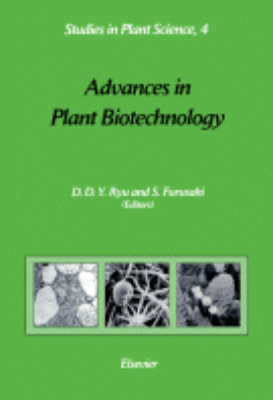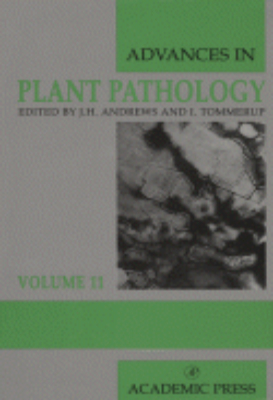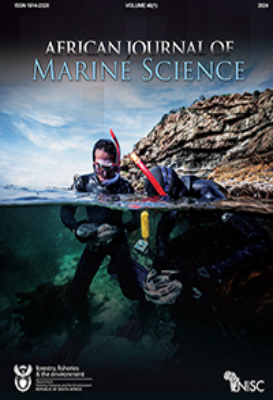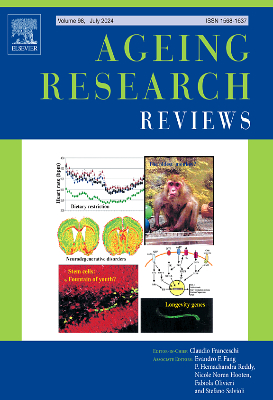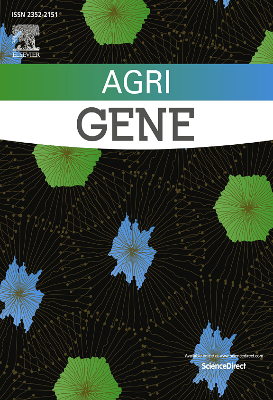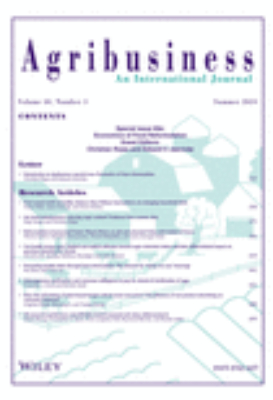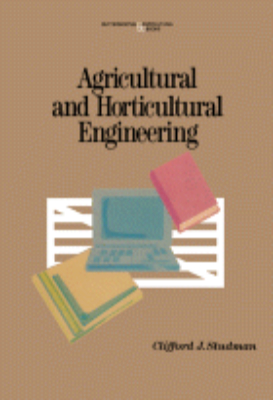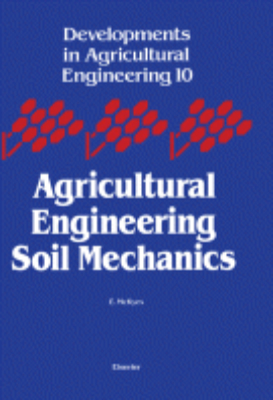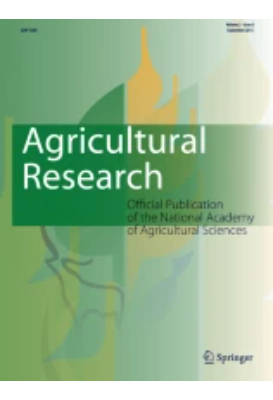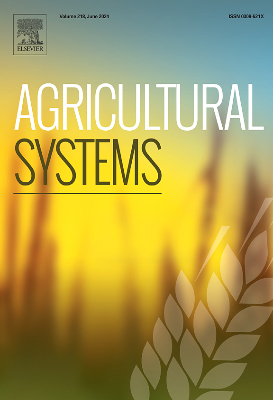E-Resources
Advances in Physiology Biochemistry and Function
The Testis: Advances in Physiology, Biochemistry, and Function, Volume IV, provides an overview of the state of knowledge in the physiology, biochemistry, and function of the testis. This volume updates those areas of greatest research activity and introduces in a more complete manner those topics which have developed as subject areas in themselves. It includes a chapter on testicular steroidogenesis, which updates and expands the chapter appearing in Volume II. In addition, chapters on the role of FSH in the testis, the specialized (largely endocrine) functions of the Sertoli cells, and the entire account of the tubular hormone inhibin have all been extensions of material in the original chapter on testicular endocrinology. Similarly, separate chapters on blood flow in the testis, fluid secretion, and the blood-testis barrier all report data on subjects largely unsuspected when Volumes I-III were published. Neither the first three volumes nor is the present one intended primarily for the nonprofessional biologist or the popular reader. The coverage should be most useful and informative to professional biologists. It is anticipated that this volume will also be of interest to advanced students of animal biology as an authoritative, comprehensive, and convenient review of significant recent information concerning the testis.
Advances in Plant Biotechnology
This volume, contributed to by a group of 46 research scientists and engineers, focuses on the integration of two aspects of plant biotechnology - the basic plant science and applied bioprocess engineering. Included in this book are 17 chapters, each dealing with specific topics of current interest with three coherent themes of: plant gene expression, regulation and manipulation; plant cell physiology and metabolism and their regulation; and bioprocess engineering and bioreactor performance of plant cell cultures. All of these topics are integrated into a main theme of "enabling plant biotechnology" relevant to the production of secondary metabolites. This book will be of great value to all plant cell biologists and molecular geneticists, and all those interested in the integration of plant science and bioprocess engineering for development of enabling technology relevant to the production of plant secondary metabolites.
Advances in Soil Organic Matter Research
The papers in this volume provide a balanced account of developments in soil organic matter research. It focuses on composition and structure, water quality, organic matter turnover, humus quality and fertility, and is essential reading for all those concerned with the environmental aspects of soil conservation and improvement.
Agrarian Development in Peasant Economies
Agriculture and Forestry Division, Volume 2: Agrarian Development in Peasant Economies: Some Lessons from Kenya tackles various areas of concerns in agriculture in the context of peasant economy. The title provides examples from the Kenyan agrarian development policies. The text first covers concern in improving agricultural production, and then proceeds to tackling post-war Kenya. Next, the selection talks about Kenyan agrarian revolution, along with the economics and features of peasant agriculture. The sixth chapter discusses government and agrarian development, while the seventh chapter details further problems of agrarian reform. The book will be of great interest to political scientists, economists, agriculturists, and sociologists.
Agricultural and Horticultural Engineering
Agricultural and Horticultural Engineering: Principles, Models, Systems, and Techniques focuses on the developments in agriculture and horticulture, including the role of engineers in employing measures in the management of plants, animals, and machinery. The book first offers information on the process of surveying, including tape, compass, and aerial surveying, leveling, barometric leveling with the aneroid, plane tabling, and electronic distance measurement and electronic total. The text then takes a look at models of the environment, material properties, and the relationship between stress and strain. The publication examines workshop methods and hydraulics. Topics include soldering, electric arc welding, low temperature brazing, welding using oxygen-acetylene apparatus, hydrodynamics, and water supply requirements. The text also reviews electricity and electronics and power and thermal systems, as well as alternating voltage supplies, electrical motors, electrical safety, power and energy consumption, and the fundamental principles of electronics. The manuscript is a dependable reference for engineers and readers interested in agricultural and horticultural engineering.
Agricultural Economics Research Review
Focus and Scope The Journal regularly publishes refereed research articles, reviews, research notes and communications of high impact in basic and applied research on economic and policy aspects of agriculture and rural development. Comprehensive review articles in the area of agricultural economics (including livestock, horticulture and fisheries), conference/symposia proceedings and book reviews are also published in the Journal. To encourage the young researchers, recent abstracts of M.Sc. and Ph.D. theses in agricultural economics and policy research are also published. Peer Review Process Preliminary Scrutiny The Journal has a Preliminary Review Committee comprising Members of Editorial Board and Executive Committee, which makes preliminary evaluation of the merits of a paper in terms of sending to a referee or rejection at the preliminary stage itself. Open Access Policy This journal provides immediate open access to its content on the principle that making research freely available to the public supports a greater global exchange of knowledge. Sponsors Indian Council of Agricultural Research Journal History The journal Agricultural Economics Research Review is being published regularly since 1988.
Agricultural Statistics
Agricultural Statistics: A Handbook for Developing Countries presents the development of agricultural statistics in various countries of Africa and Asia. This book provides a guideline to those in charge of agricultural statistics in developing countries to know their priorities and to have clear objectives. Organized into 14 chapters, this book begins with an overview of the importance of regular collection of agricultural statistics to the functioning of the community as well as for its agriculture and agricultural development. This text then examines the improvement of methods of collection of existing statistics for greater dependability. Other chapters consider the yield rates and areas of crop production. This book discusses as well the direct estimation of production, which consists of large estates with their processing plants meant for processing their products only. The final chapter deals with the various organizational set-ups for the compilation of agricultural statistics. This book is a valuable resource for agriculturists and statisticians.
Agricultural Sustainability
Collaboratively written by top international experts and established scientists in various fields of agricultural research, this book focuses on the state of food production and sustainability; the problems with degradation of valuable sources of land, water, and air and their effects on food crops; the increasing demand of food resources; and the challenges of food security worldwide. The book provides cutting edge scientific tools and methods of research as well as solid background information that is accessible for those who have a strong interest in agricultural research and development and want to learn more on the challenges facing the global agricultural production systems.



